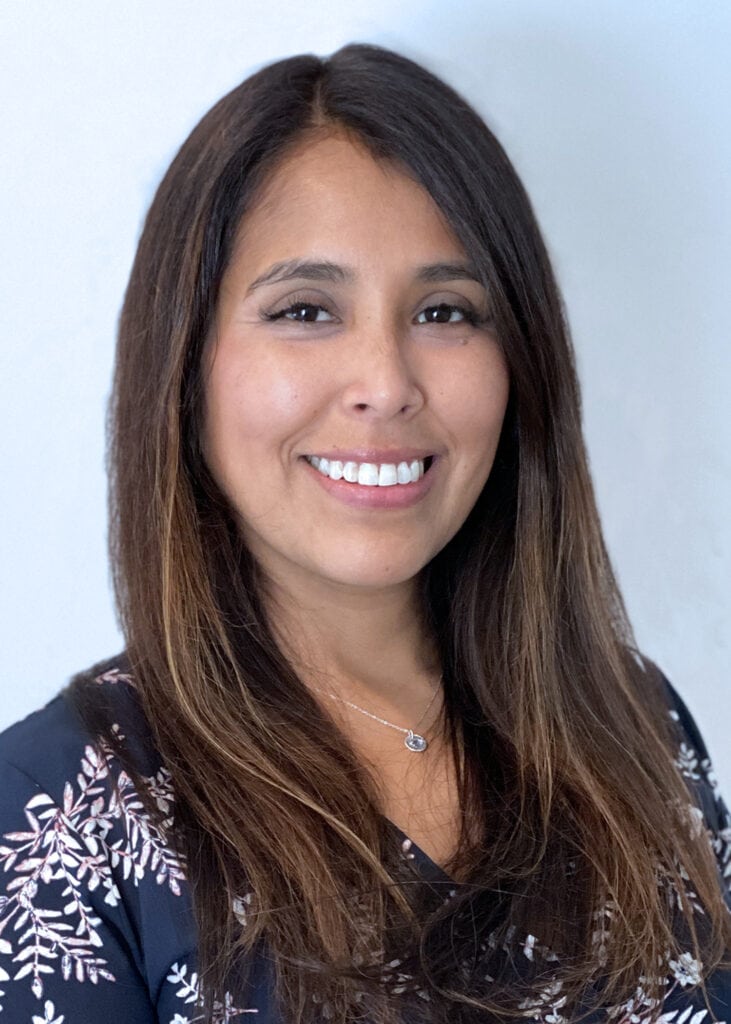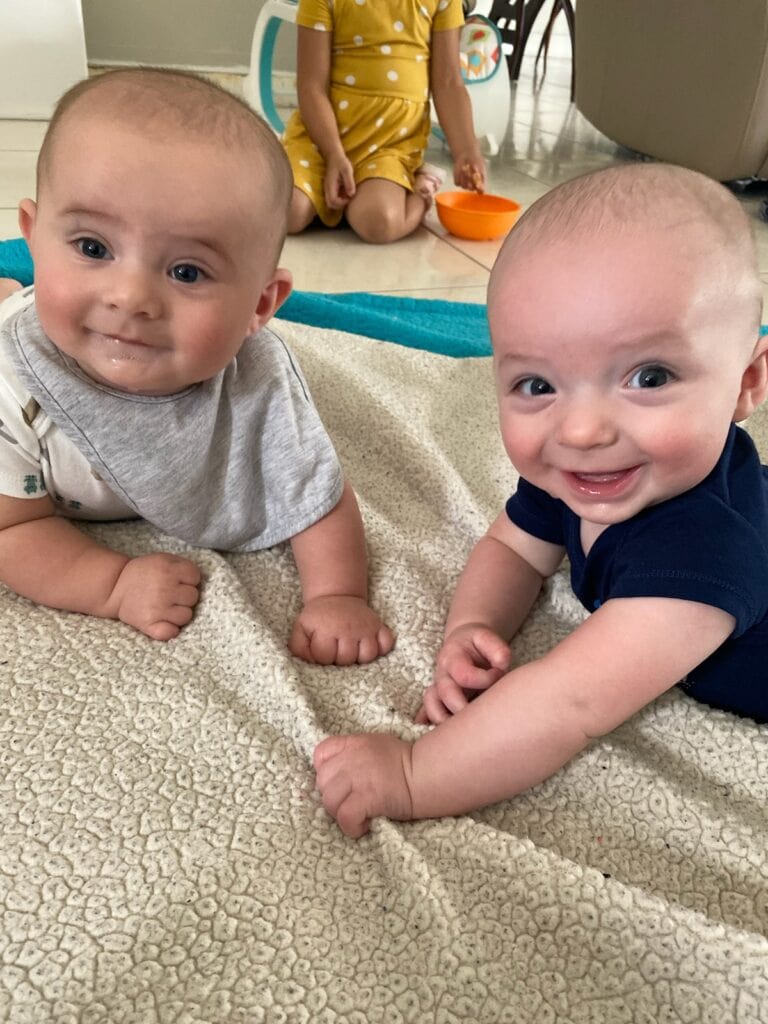Many people have successful pregnancies and healthy babies later in life. In fact, more people than ever before are waiting to have children. This includes parents who fall into a category called “advanced maternal age” — a parent who is 35 years or older at the time of their baby’s due date.
Advanced maternal age by itself, in an otherwise healthy person free of chronic illnesses like diabetes, obesity, heart disease, etc., has a good prognosis. However, there are associated risk factors that people of advanced maternal age should be aware of, including:
- Spontaneous loss (typically due to diminished egg quality)
- Stillbirth
- Preeclampsia (dangerously high blood pressure that develops during pregnancy)
- Increased likelihood of cesarean delivery (typically due to slow or lengthy delivery)
If you are contemplating a pregnancy or pregnant during an advanced maternal age, you may consider consulting a maternal fetal medicine (MFM) specialist. MFM specialists offer guidance from preconception through pregnancy. Some individuals are referred to a MFM specialist by their obstetrician due to:
- Advanced maternal age
- Maternal history of chronic disease (e.g., lupus, autoimmune disorders, hypertension, diabetes or obesity)
- Multiple gestation (twins, triplets)
- Prior or recurrent pregnancy loss
- Abnormal chromosomes in a prior pregnancy
- Abnormal ultrasound findings in current or prior pregnancy
Get to Know Claudia Taboada, DO

Dr. Taboada is a board -certified maternal fetal medicine specialist. Her research includes management of sickle cell anemia in pregnancy, ovarian cancer, ultrasound assessment, care for premature babies of low body mass index, and alcohol and drug use in pregnancy. For her work, Dr. Taboada was named a March of Dimes Medical Honoree for 2019.
“Maternal fetal medicine (MFM) enables me to take care of expectant parents with high-risk, pre-existing medical conditions and also allows me to manage high-risk pregnancies, such as multiple gestations or abnormal fetal structural findings on ultrasound. I was a high-risk mom myself having delivered twins prematurely. Coming from a place of experience, I understand parents’ concerns, fears and questions.”— Claudia Taboada, DO Maternal Fetal Medicine, Nemours Children’s Center for Fetal Care.
Now or Never

“It was now or never,” said Barb. At 40 years old, and after numerous failed attempts, when Barb found out she was pregnant with twins, she and her wife, Kim, were ecstatic. Realizing that their life would soon be radically different, they decided to escape to Puerto Rico for a mini vacation.
The couple had just settled into their beachfront oasis when Barb started bleeding, landing them in a hospital far from home. Kim reached out to their maternal fetal medicine specialist, Dr. Claudia Taboada. “We knew Dr. Taboada would want to be aware of what was going on. She’s also fluent in Spanish so she was able to collaborate with the hospitalist in Puerto Rico.”
During labor at 34 weeks, Barb required an emergency C-section. Max and Jake spent three days in the NICU and were then discharged home. “Today, Kim and I have two healthy, active 8-month-old twin boys. We are so grateful to Dr. Taboada for her kindness, warmth and amazing care.”
HOW MATERNAL FETAL MEDICINE CAN SUPPORT YOUR BABY
Your MFM specialist will review your medical and obstetrical history to improve your future pregnancy before it even begins. This includes discussing potential risk factors and developing plans for exercise, nutrition, medication, and prenatal vitamins. If you have a history of hypertension or diabetes, you and your MFM specialist will set specific goals for managing these conditions prior to your pregnancy.
If you’re currently pregnant at an advanced maternal age, your MFM specialist and obstetrician can co-create a plan of care, review baseline bloodwork to assess and track any inconsistencies, schedule ultrasounds to monitor your baby’s growth, and plan weekly fetal assessments through nonstress tests and/or a biophysical profile (BPP) test (combines a nonstress test with ultrasound to measure the health of the baby) during your third trimester.
In addition to the review of your medical history, genetic screening is also recommended. The Center for Fetal Care at Nemours Children’s Hospital, Florida employs two board-certified MFM specialists, one of whom, Claudia Taboada, DO, is based in the Lake Nona area, and a certified genetics counselor (CGC). The CGC reviews your family history and genetic screenings for potential inherited disorders. This can help determine if your baby needs care immediately after birth or if there are conditions and symptoms you should be aware of as your child grows.
All MFM services are designed to give you the best information and a plan to work from before, during and after your pregnancy.
For the Spanish version of this article click here.

